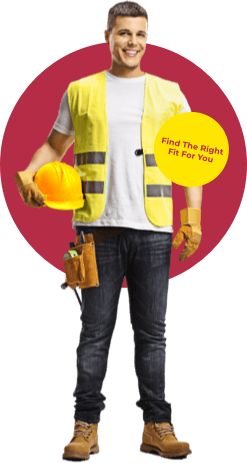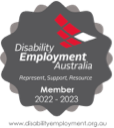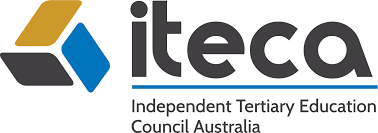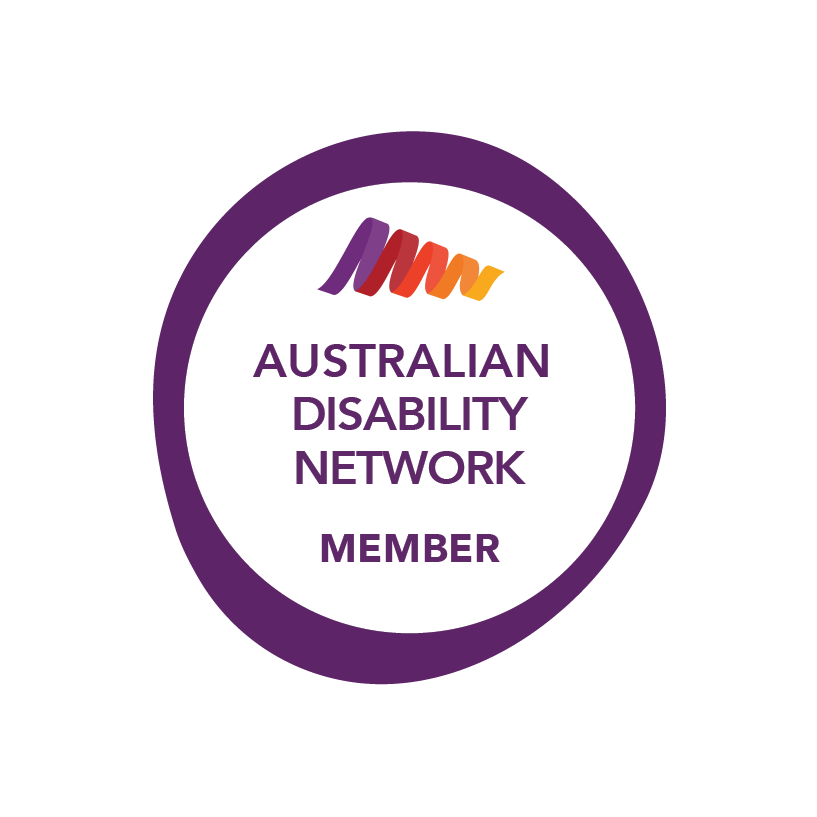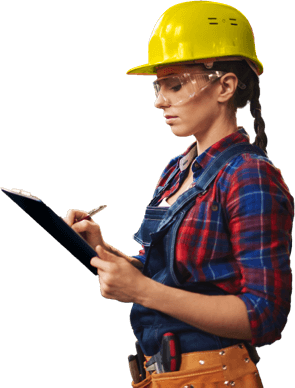Asking the Right Questions in an Interview
Asking the right questions in an interview helps you assess whether the role and company align with your career goals. Here are some key questions to consider. Choose the ones most relevant to the job you’re applying for.
About the Role
- What would a typical day or week in this role look like?
- What are the key responsibilities and expectations for this position?
- What are the most essential skills and qualities needed to succeed in this role?
About the Team
- Can you tell me about the team I would be working with?
- How does this team collaborate and communicate?
- What are the team’s current goals and challenges?
About the Company Culture
- How would you describe the company culture?
- What do you enjoy most about working here?
- How does the company support professional development and career growth?
About Management and Leadership
- Can you tell me about the team leader’s or department head’s management style?
- What is the process you use to handle feedback and performance reviews?
- What are the company’s values, and how are they reflected in the workplace?
About Work-Life Balance
- How does this business approach work-life balance?
- Are there requirements for overtime or weekend work?
- How does the company support employees’ well-being?
About the Future
- What are the company’s goals for the next few years?
- How does this role contribute to the company’s strategic plan?
- What opportunities for advancement are available within the company?
About the Hiring Process
- What are the next steps in the hiring process?
- When can I expect to hear back from you?
Red Flags in a Job Interview: Five Warning Signs to Watch Out for
Lack of Clarity About Job Responsibilities
- Example: The interviewer gives vague or inconsistent answers about daily tasks or key responsibilities.
- What It Reveals: This could indicate a poorly defined role, leading to confusion and frustration.
High Turnover Rate
- Example: The interviewer mentions that many people have left recently or that the team is constantly changing.
- What It Reveals: A high turnover rate can indicate a toxic work environment or poor management.
Negative Comments About Current or Former Employees
- Example: The interviewer speaks negatively about current or former employees.
- What It Reveals: This behaviour can indicate a blame culture and poor leadership.
Unprofessional Behaviour During the Interview
- Example: The interviewer is late, distracted, or unprepared, or they ask inappropriate questions.
- What It Reveals: Unprofessional behaviour can be a red flag for the company’s overall culture.
Overemphasis on Overtime and Workload
- Example: The interviewer frequently mentions long hours or high workloads.
- What It Reveals: This could suggest unrealistic expectations and a high-stress environment.
How to Prepare to Spot These Red Flags
- Research the Company: Look for reviews on sites like Glassdoor and check their social media presence.
- Prepare Questions: Focus on topics like team dynamics, management style, and work-life balance.
- Observe the Environment: Pay attention to how employees interact and the overall atmosphere.
- Listen Carefully: Be aware of the interviewer’s tone and body language.
- Trust Your Instincts: If something doesn’t feel right, don’t ignore it.
By being prepared and observant, you can better identify warning signs and make a more informed decision about whether a job is the right fit for you. Good luck with your interviews! If you have any more questions or need further assistance, feel free to ask. The team at TURSA are here to support reach success.


